According to Lebanon's Ministry of Health , at least 182 people were killed and 727 injured in a wave of massive Israeli airstrikes in the south of the country on September 23.
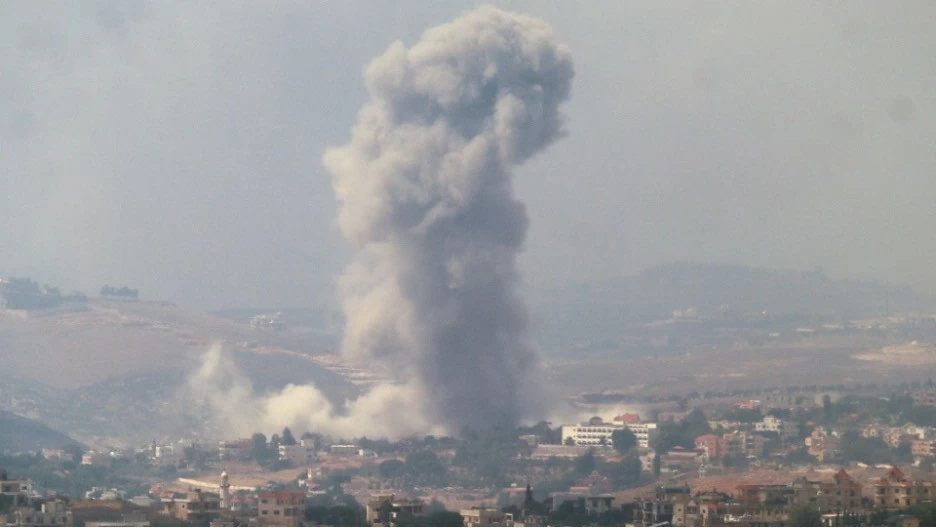 |
| Smoke rises from a site hit by an Israeli airstrike in the village of Khiam, southern Lebanon. (Source: AFP) |
Israeli airstrikes on September 23 killed 182 Lebanese, considered the bloodiest attack since the 2006 Israel-Hezbollah war.
According to the US news site Axios , just 30 minutes earlier, the Israeli military warned people in southern and eastern Lebanon to evacuate their homes ahead of an expanded air campaign targeting Hezbollah.
Thousands of Lebanese have fled south, with the main highway out of the southern port city of Sidon jammed with cars heading to Beirut in the biggest exodus since fighting in 2006.
According to the AP news agency, the Israeli military announced that on September 23, they attacked about 300 targets and said that they were targeting Hezbollah weapons sites.
Some of the attacks hit residential areas in towns in the southern and eastern Bekaa Valley. Others took place in the densely forested area as far away as Byblos in central Lebanon, more than 80 miles from Beirut's northern border.
The force said it was expanding air strikes to cover areas of the Bekaa Valley, along Lebanon's eastern border.
Hezbollah has long had a permanent presence in the Bekaa Valley, which runs along the Lebanese-Syrian border, where it was founded in 1982, with what Israel says is help from Iran's Revolutionary Guards.
An Israeli defense official told Axios that hundreds of cruise missiles had been destroyed, and Hezbollah would have difficulty responding because many of its missiles had been intercepted.
Those killed in the attacks included women, children and medical staff, the Lebanese Health Ministry said.
According to analysis by author Nick Paton Walsh on CNN , this is Israel's new strategy towards Hezbollah, but it is a high-risk "game".
Israel and Hezbollah are now locked in a terrifying tit-for-tat escalation of conflict for nearly a year.
Over the past week, according to Nick Paton Walsh, Israel has apparently decided to amplify its attacks on Hezbollah and claim it seeks to “escalate to de-escalate” in order to intimidate its opponents and push the group into a diplomatic solution.
However, this is an extremely risky and potentially wrong “gamble”. Author Nick Paton Walsh emphasizes that a full-scale ground war between the exhausted Israeli army and the experienced and angry Hezbollah group in southern Lebanon could be disastrous for Israel.
On the same day, according to Newsweek , speaking about Israel's bloody attack in Lebanon, Turkish President Recep Tayyip Erdogan said: "It is necessary to increase pressure on Israel even more to prevent the region from being dragged into an even greater disaster."
Saying he would speak at the United Nations General Assembly, President Erdogan called for "action against Israel's policies".
Source: https://baoquocte.vn/tinh-hinh-lebanon-ngay-xung-dot-dam-mau-nhat-ke-tu-nam-2006-182-nguoi-thiet-mang-287416.html





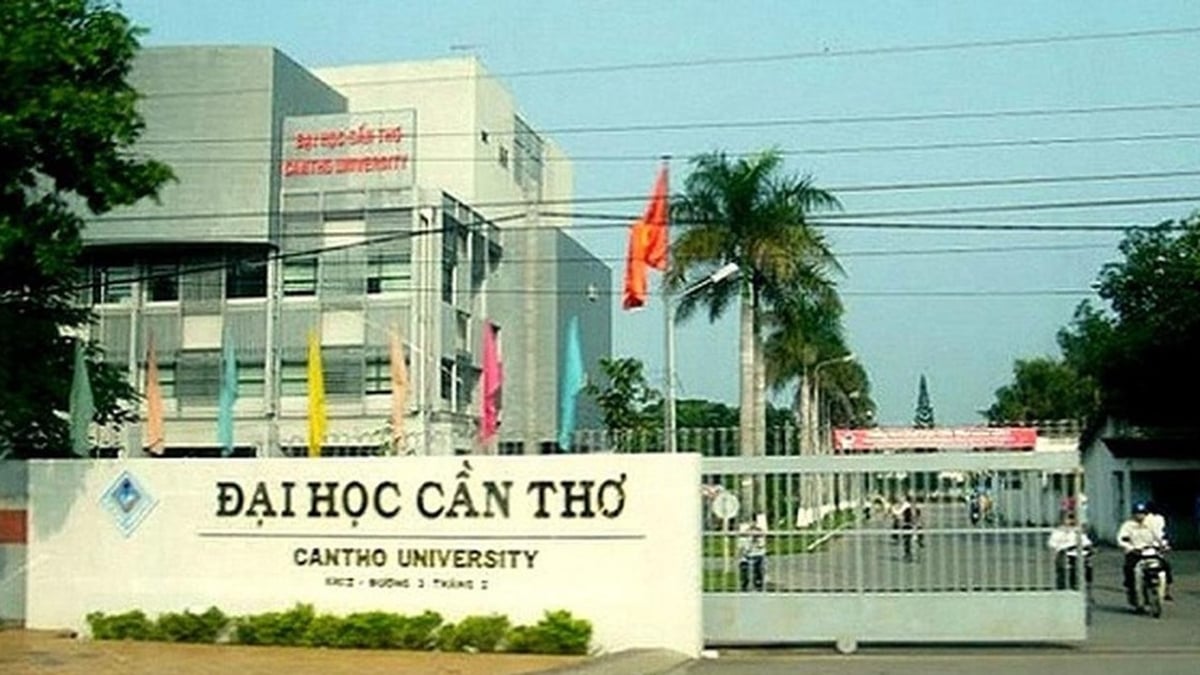

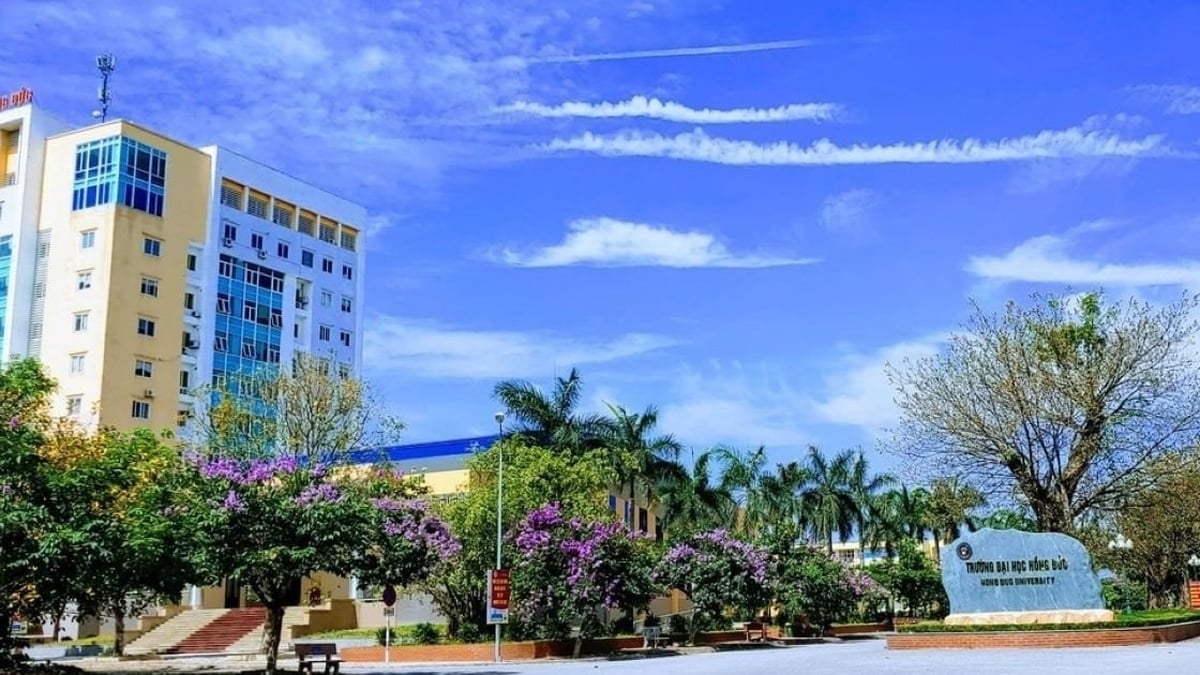
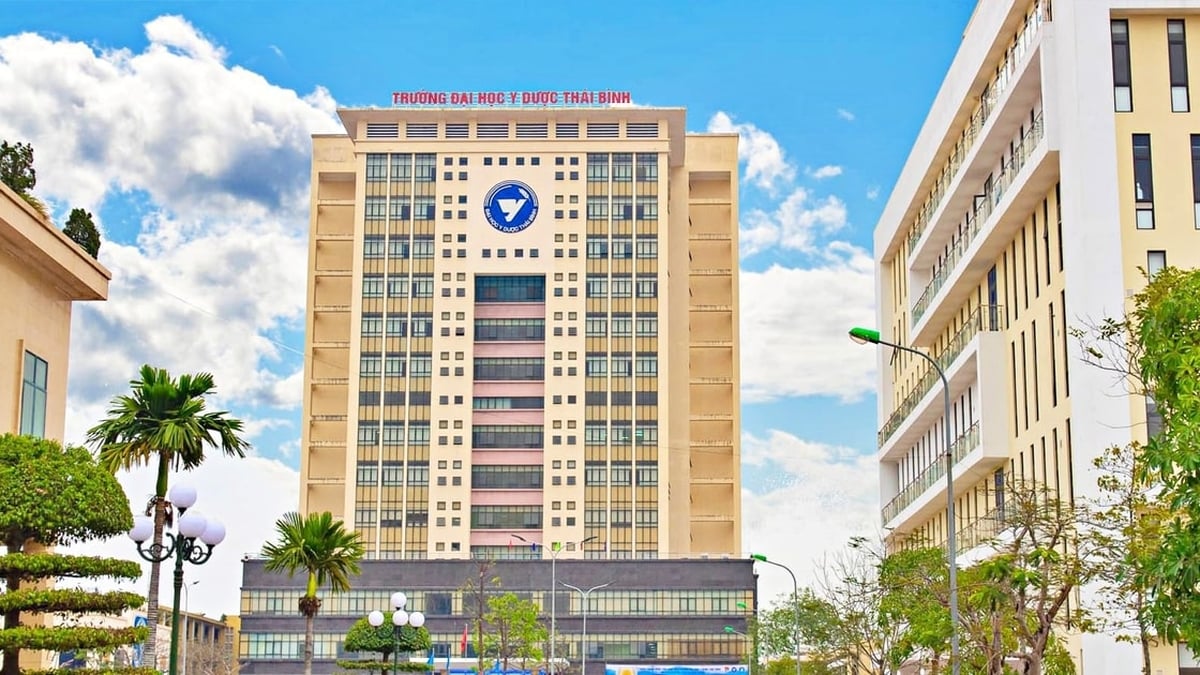
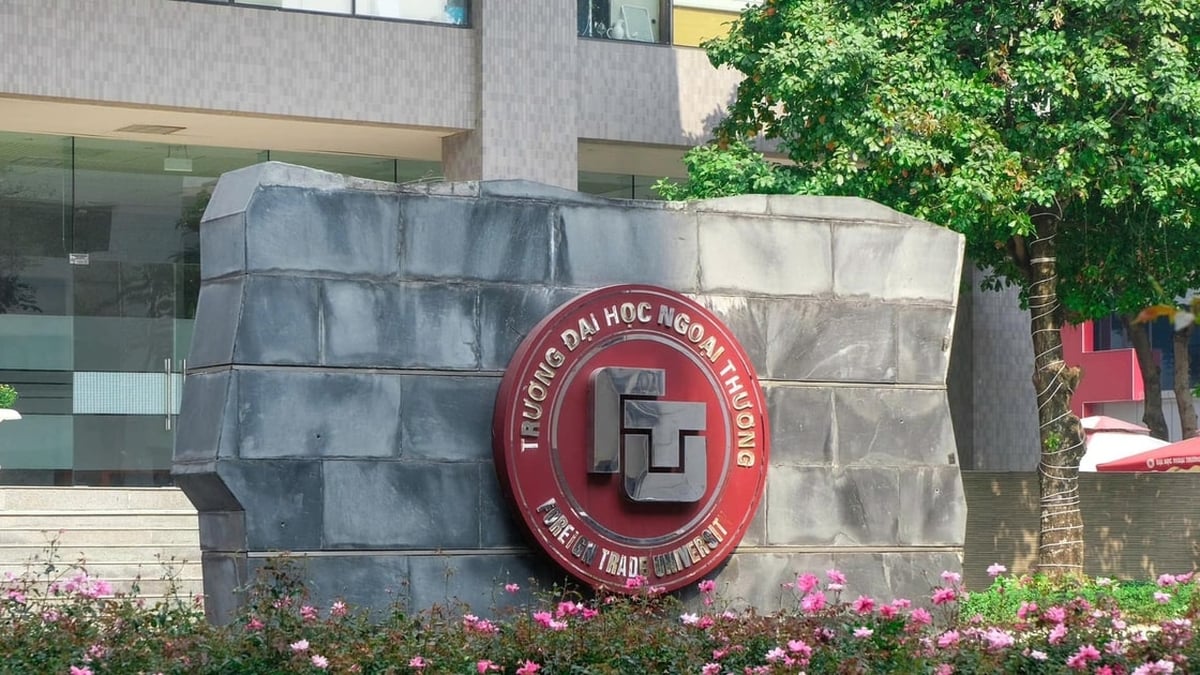
























































































Comment (0)